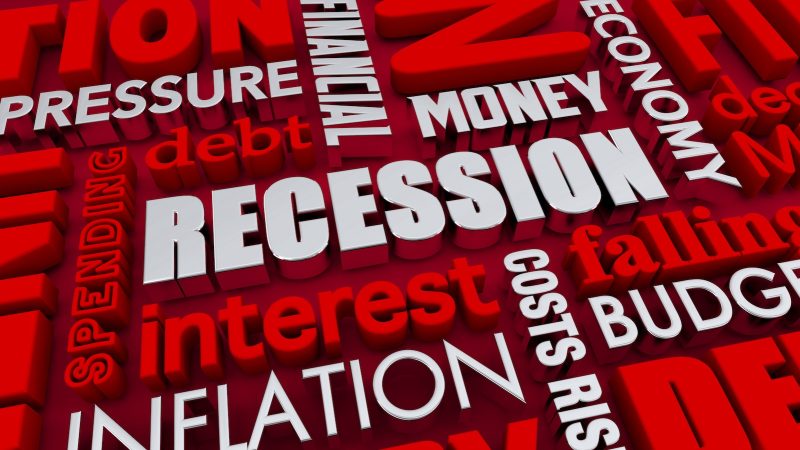The recent selloff in tech stocks has sparked concerns and fears of a looming recession among investors and analysts alike. The tech sector, which has been a driving force behind the stock market’s meteoric rise in recent years, saw a sharp downturn in valuations in the wake of global economic uncertainties and regulatory pressures. This abrupt shift in investor sentiment has raised questions about the broader economic outlook and the sustainability of the current bull market.
One of the key factors contributing to the tech stocks selloff is the rising interest rates. The Federal Reserve’s decision to raise interest rates to combat inflation has increased borrowing costs for businesses, which has a direct impact on tech companies that rely heavily on debt financing for their operations and expansion. Higher interest rates also tend to dampen consumer spending, which could negatively affect tech companies that rely on strong consumer demand for their products and services.
In addition to interest rates, global economic uncertainties such as trade tensions between the U.S. and China, Brexit, and geopolitical risks have added to the market volatility and selloff in tech stocks. The ongoing trade war between the world’s two largest economies has already taken a toll on businesses, supply chains, and consumer sentiment, leading to a slowdown in global economic growth. The uncertainty surrounding these geopolitical issues has created a risk-off environment in the stock market, with investors seeking safe-haven assets and pulling out of riskier investments like tech stocks.
Moreover, regulatory pressures on big tech companies have intensified in recent years, with antitrust investigations, data privacy concerns, and calls for greater accountability and transparency. Tech giants such as Facebook, Google, and Amazon are facing increased scrutiny from lawmakers and regulators, which has clouded their growth prospects and raised doubts about their future profitability. The threat of regulatory actions and potential fines could weigh heavily on tech stocks, eroding investor confidence and triggering a selloff.
Despite the challenges facing the tech sector, some analysts argue that the recent selloff may be a healthy correction rather than a sign of an imminent recession. Prior to the selloff, tech stocks had reached record highs, fueled by strong earnings growth and investor optimism. A pullback in valuations could be a necessary adjustment to bring stock prices back to more sustainable levels and reduce frothiness in the market. Moreover, many tech companies have strong fundamentals and innovative products that could weather economic headwinds and drive long-term growth.
In conclusion, the selloff in tech stocks reflects broader economic uncertainties, rising interest rates, global trade tensions, and regulatory pressures facing the tech sector. While fears of a recession loom large, it is important for investors to assess the underlying fundamentals of tech companies and the broader market dynamics. A cautious and diversified approach to investing, focusing on quality companies with strong balance sheets and growth potential, may help navigate the current market volatility and position portfolios for long-term success.
